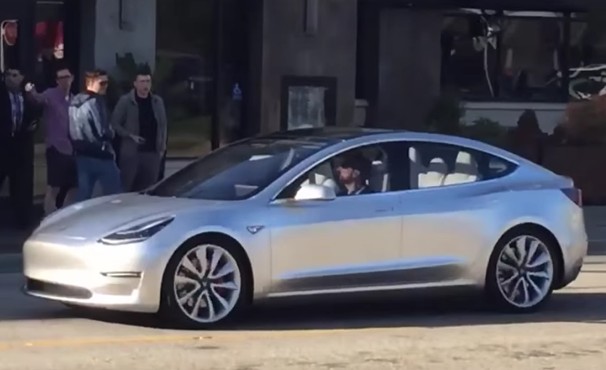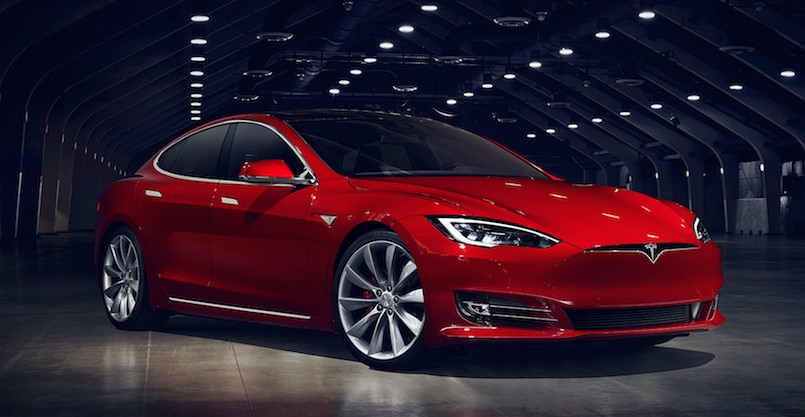Lithium-ion cells and the battery packs that hold them are the single most costly part of modern electric cars.
And how fast their costs will fall remains the defining factor in making those cars affordable for the mass market.
GM made waves last fall when product chief Mark Reuss said the company will pay $145 per kilowatt-hour for the cells in the battery pack of the 2017 Chevrolet Bolt EV that will roll out at the end of this year.
DON'T MISS: Now, finally, the Germans are getting scared of Tesla?
Now we have a comparable data point of sorts for electric-car startup Tesla Motors as it works feverishly to get its promised 200-mile, $35,000 Model 3 sedan into production by the end of 2017.
The estimate came during a conference call among UBS financial analyst Colin Langan and former GM electrification expert Jon Bereisa, who is now president and CEO of Auto Lectrification.
As covered by Street Insider (complete with a misspelled "Telsa" in the headline), the somewhat negative Bereisa estimated Tesla's per-kwh cost for the entire Model 3 battery pack at $260 per kwh.

Tesla Model 3 Driving on a Public Road
He compared that to an estimated $215 per kwh for GM, which would indicate a 48-percent increase for the cost of the pack over the cells themselves.
Some other sources have said the increase may only be 30 percent, but Bereisa may be in a position to know given his 35 years with General Motors and his chief engineer role on the EV1 project 20 years ago.
But then the call got interesting.
ALSO SEE: Updated 2016 Tesla Model S 90D now rated at 303 miles highway range
Jeff Evanson, head of Tesla's investor relations group, dialed into the conference call to take issue with Bereisa's assumptions and estimates.
He noted that Bereisa had assumed the Model 3 would be entirely made of aluminum, as the Model S is, whereas Tesla Motors has said several times that it would use a blend of materials.
More importantly, he said the battery-pack cost of the Model S today is less than $190 per kwh—which would indicate a cell cost of $128 or less using Bereisa's 48-percent increment.

2016 Tesla Model S
Bereisa disagreed with that cost, saying that the raw materials cost for today's lithium-ion cell chemistries is $160 per kwh if you assume a conventional 40-percent supplier markup.
Evanson also disputed Bereisa's suggestion that the Model 3 would have a 60-kwh battery pack, saying that it would have a capacity below that estimate.
Bereisa shot back that 55 kwh or more would be required to get to the promised 200-mile range.
CHECK OUT: Tesla Model 3 demand startled everyone, even Musk; now what?
These various cost estimates cover only the materials and labor costs of the cells and packs, and do not include any overhead, capital investment, and the many other costs required to operate a car company.
Still, the discussion reveals that battery and cell costs have not only fallen faster than expected just five years ago, but may be on a path to reach the magic $100 per kwh level at which electric cars are price-competitive with conventional models.
Bereisa is more pessimistic, estimating that even by 2025, the full pack will fall only to $135 to $155 per kwh.

2011 Chevrolet Volt
Given that estimates in 2009 and 2010 of the first pack costs in the Chevy Volt and Nissan Leaf ranged from $600 to $1,200 per kwh, that's a lot of progress in only five years.
And as is often the case, we suspect Tesla may be more optimistic about the fall in costs it will see than is the rest of the auto industry.
_______________________________________













